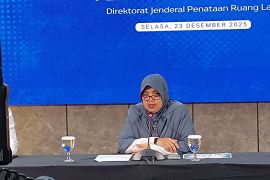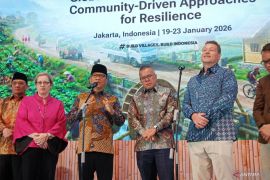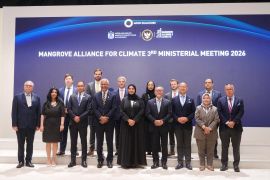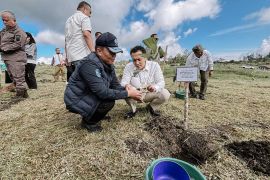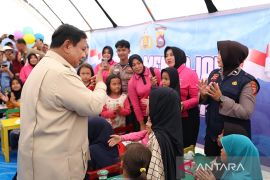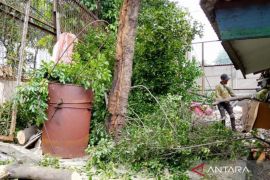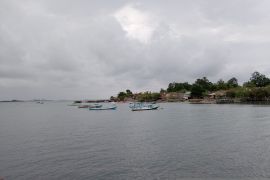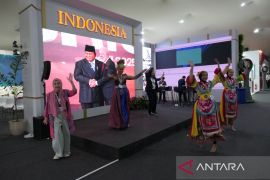Agriculture Minister Suswono said here Saturday that the cooperation in research between the Sukamandi Rice Crop Research Institute and IRRI based in Los Banos in the Philippines is an effort to anticipate the impact of the current climate change.
"The development of the new varieties is aimed at obtaining rice species which are able to survive by using limited water supplies, having high competitiveness against disease and tolerant to dryness and able to grow in rain-fed land," he said.
In addition, he said after signing a cooperation in research between Indonesia and IRRI, and also to obtain a rice species more efficient in absorbing fertilizers and producing rice with a high nutritional value and mineral and vitamin content.
One of the cooperation schemes he said currently being developed in a variety with a content of vitamin A, namely Golden Rice. Hopefully in the next two years Golden Rice could be produced, to support food resilience and increase food reserves in Indonesia, he said.
The minister said that actually the Indonesia`s cooperation with IRRI had already been carried out since 1972 particularly in rice research.
"Our researchers (at IRRI) have produced many superior species and the result had already been adopted by some other countries. IRRI also has a representative office in Bogor," he said.
He said the agricultural research cooperation covered genetic material in the form of rice plasm, combination of varieties tolerant to disease, dryness, inundation and salinity.
The cooperation also covered agronomical technology to support the P2BN program in the form of technological packages of integrated rice plant management.
He said that of the 250 varieties released in Indonesia, 62 came from IRRI and the rest assembled by using IRRI genetic material and developed by superior Indonesian rice.
In the meantime, some 70-80 pct of the rice varieties raised by the farmers in Indonesia came from IRRI.
The varieties that had been released have a productivity of 10-15 pct higher than IR64 and tolerant to marginal land conditions and more resistant to plant pests and are of better quality. (*)
Editor: Kunto Wibisono
Copyright © ANTARA 2011

